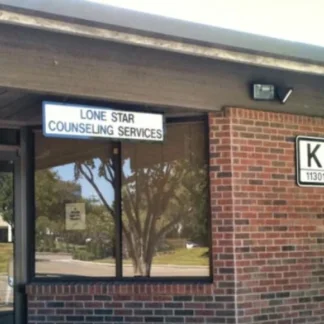Serenity House Detox
Serenity House Detox is a small cozy private medical detox facility now in sever...
Lone Star Counseling is a private rehab located in Houston, Texas. Lone Star Counseling specializes in the treatment of alcoholism, drug addiction, mental health and substance abuse, and opioid addiction.
Contact us for more information: (281) 293-9600

Connect with Lone Star Counseling by calling their admissions team directly.
(281) 293-9600 Website Get DirectionsIn individual therapy, a patient meets one-on-one with a trained psychologist or counselor. Therapy is a pivotal part of effective substance abuse treatment, as it often covers root causes of addiction, including challenges faced by the patient in their social, family, and work/school life.
Life skills trainings involve all the skills a person must have in order to function successfully in the world. These include time management, career guidance, money management, and effective communication. Truly successful addiction recovery is based on the ability to not only live substance-free, but to thrive. Life skills teaches the practical necessities of functioning in society, which sets clients up for success in life, and therefore sobriety.
Life skills trainings involve all the skills a person must have in order to function successfully in the world. These include time management, career guidance, money management, and effective communication. Truly successful addiction recovery is based on the ability to not only live substance-free, but to thrive. Life skills teaches the practical necessities of functioning in society, which sets clients up for success in life, and therefore sobriety.
Serenity House Detox is a small cozy private medical detox facility now in sever...
Innovative Alternatives - Barker-Ripley is a non-profit outpatient clinic that p...
Lifeway International is a private rehab located in Houston, Texas. Lifeway Inte...
S and S Counseling Services & Associates is a private rehab located in Houst...